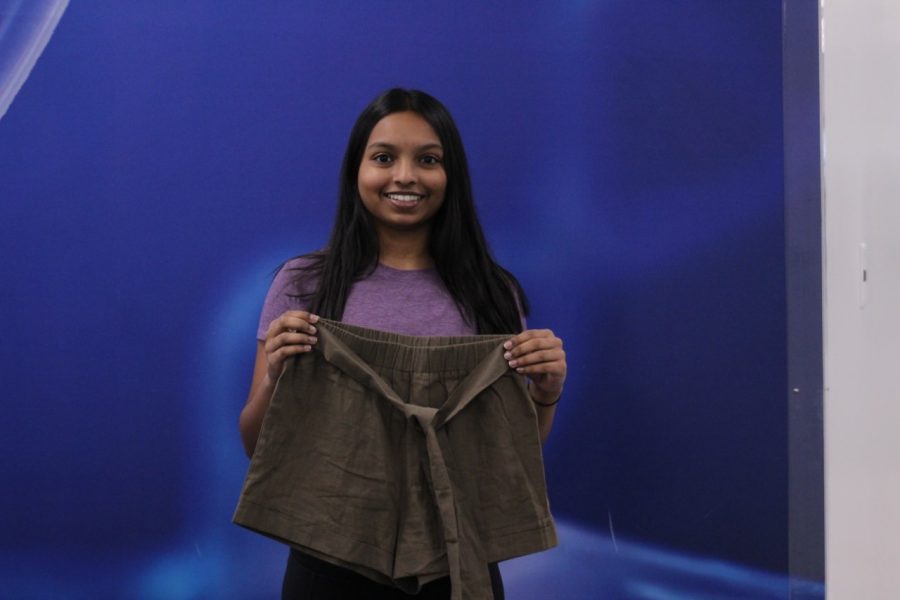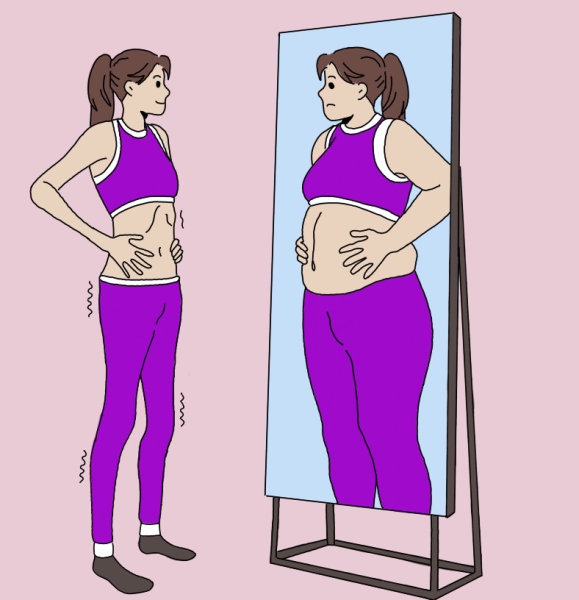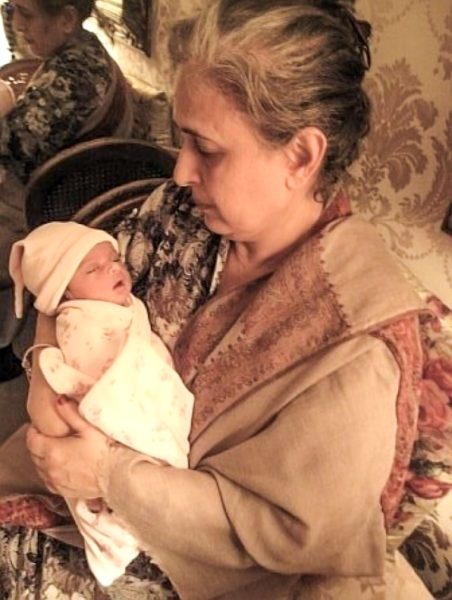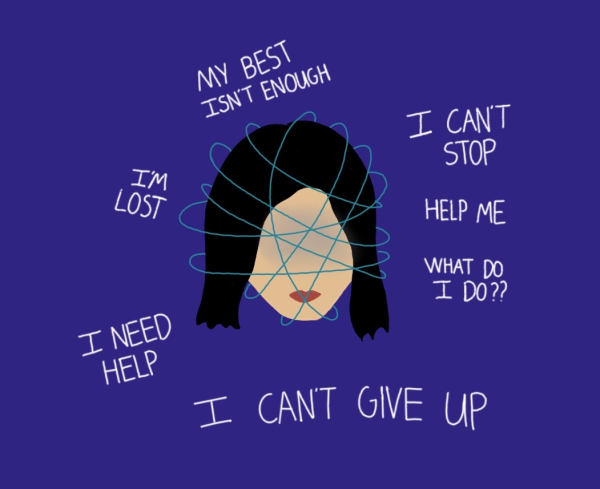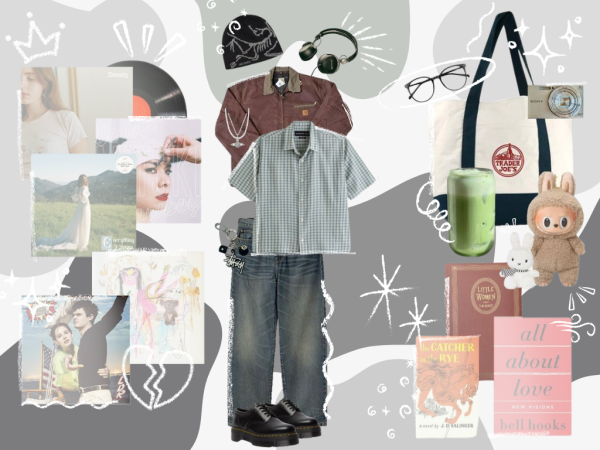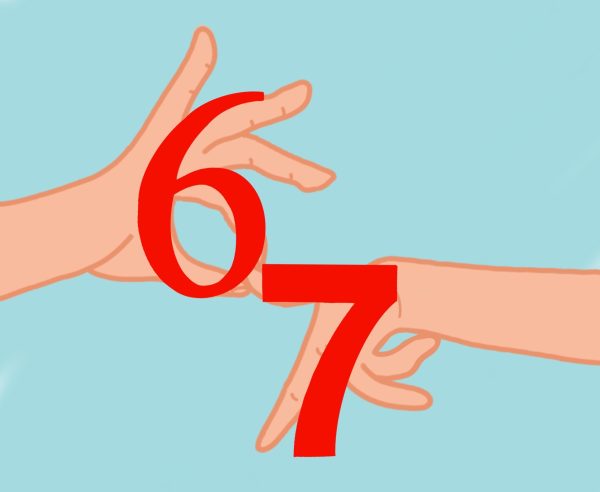Where do you buy your clothes?
Low priced clothing known as ‘fast fashion’ sacrifices quality
Smruthi Garlapati shows off a pair of shorts she purchased from Shein for just $6. She expected the shorts to be made of a soft material but received thin, scratchy shorts that wrinkle after one use.
Did you know a shirt from Shein costs less than a Chipotle burrito–without guacamole?
I learned this when I bought a pair of green shorts from Shein for a mere $6. The picture made them seem as if they would be soft and flowy. When my package arrived, I was incredibly disappointed. In reality, the shorts were nowhere near the way they were presented in the picture, neither in color nor in quality. Instead of a thick, soft material, the shorts were stiff and thin. They were shoved in the bag and when I pulled the shorts out, they were completely wrinkled. After one wash, the shorts shrank and lint was stuck to it. I felt betrayed since what I expected was basically the opposite of what I received.
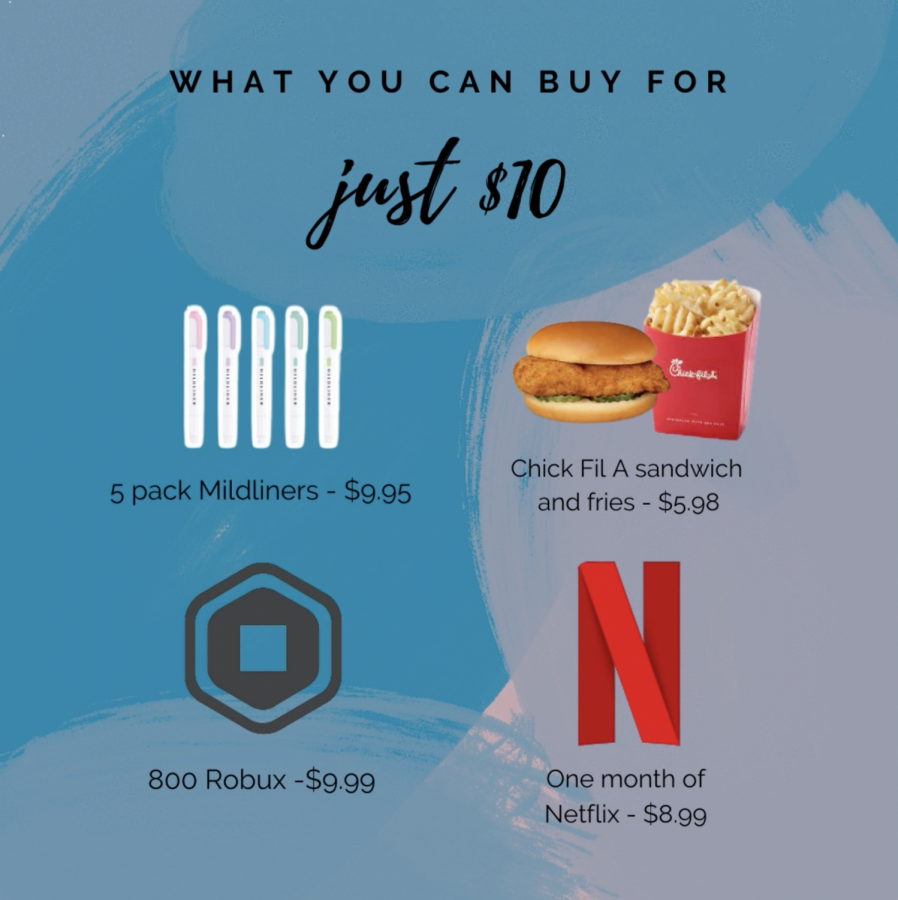
The fast fashion industry is growing quickly. As the term implies, “fast fashion” is fast. The quick manufacturing and lightning-fast shipping speeds, along with low costs, keep customers satisfied and coming back for more. However, to achieve these benefits, the quality of employee lives and clothes is sacrificed.
Low quality means short lifespan. Deceptively lower prices of the fast fashion products lead people to believe that they are getting a bargain. However, lower quality leads to shorter lifespan thus the need for quicker replacement. This often leads to loss of savings from the lower cost of the fast fashion products. Besides not having a significant benefit in overall costs, these products quickly end up in landfills leading to increased pollution. Therefore, the superficial benefits of fast fashion vanish and lead to environmental harm.
Additionally, these “amazing” prices are at the expense of the workers’ quality of life. Sweatshop workers that clothe millions aren’t compensated enough to clothe themselves. For example, workers in Chinese factories, where many of these products are made, make a mere $1.08 an hour. This does not provide them with a livable wage. On top of this, workers slave for 10-13 hours each day and are unable to attend to their families.
The impact of these unfair working conditions goes farther than just the workers. Since these workers are paid poorly and are forced to work unfair hours, they are unable to care for their families and communities. Children go neglected and this impacts the success of the future generations leading to a cycle of poverty.
Unlike their speedy counterparts, ethical fashion brands don’t use sweatshop workers or child labor and try to reduce their carbon footprint as much as possible. Workers are compensated fairly and are provided decent working conditions. Although these companies may not be perfect, they are working towards making their work environments equitable.
So instead of settling for these apparent bargains, it is our responsibility, as citizens of this world, to ensure we purchase ethically, in the best interests of our workers, wallets and the environment.
Your donation will support the student journalists of Bellaire High School. Your contribution will allow us to purchase equipment and cover our annual website hosting costs.


